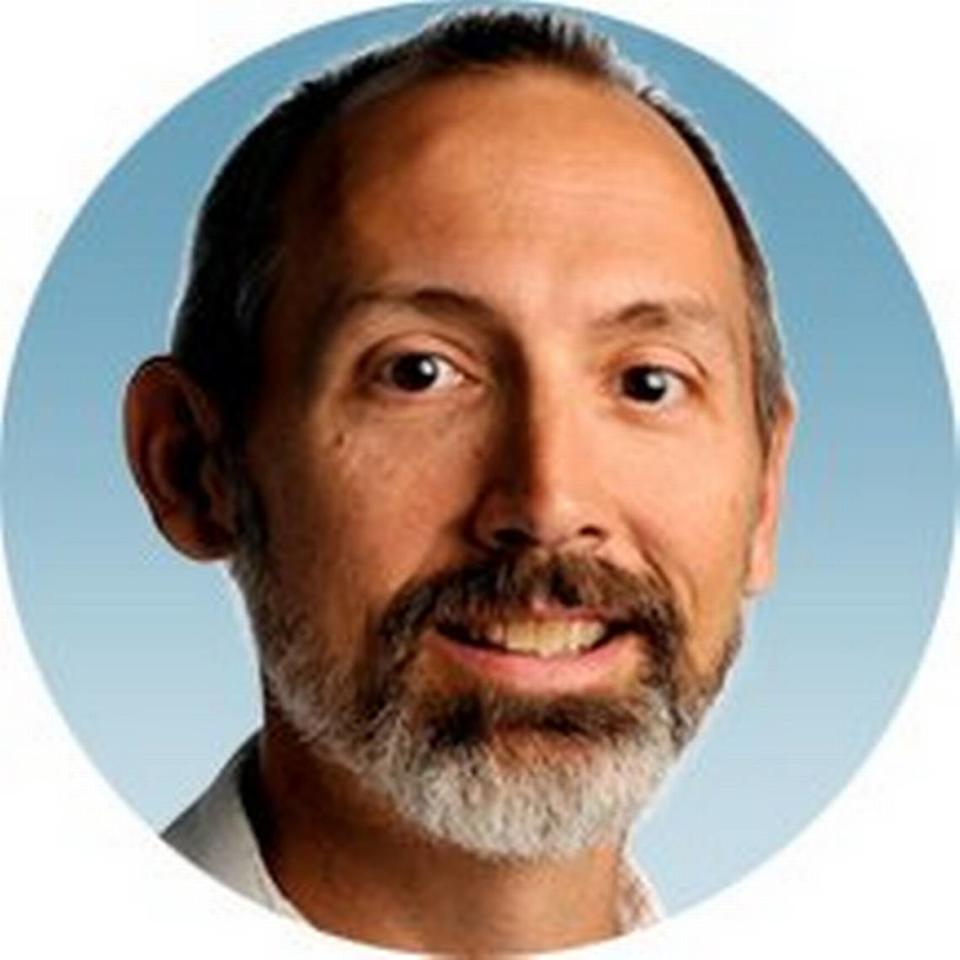Hope and courage don’t come easy in trying times. But they are necessary attitudes | Opinion
In these tumultuous times, it is easy to become fearful and lose hope. Wars are spreading. Hurricanes and heat waves show that climate change is happening. The vitriol of the fall election season portends an ugly winter to come. People seem angry, grumpy and mean.
In dark times, it is tempting to abandon hope and retreat in fear to a bunker. But if we do that, things will surely get worse. When the world turns nasty, good people need to remain engaged, hopeful and courageous.
Hope alone is not sufficient. In a recent column in the LA Times, Anna Jane Joyner pointed out that hope is not a strategy for dealing with climate change — hope won’t reduce emissions or heal the atmosphere, nor will it bring back lives lost in wars and hurricanes. Joyner concluded her piece with a quote from climate scientist Kate Marvel: “We need courage, not hope, to face climate change.”
Opinion
But rather than saying we need courage instead of hope, we should emphasize their interconnection. Courageous people hope that their bravery will pay off. And hope can help us discover the courage to struggle on.
This point is well known. In the 19th century, the British critic Matthew Arnold said: “Wise men everywhere know that we must keep up our courage and our hope.” And Martin Luther King, Jr. explained: “If you lose hope, you lose that vitality that keeps life moving, you lose that courage to be, that quality that helps you go on in spite of all.”
Without courage and other virtues, hope is feckless and naïve — it can imply a kind of passivity. An optimist who relies entirely on hope may do nothing to make the world better. Too much hope can undermine agency and responsible action.
But if an overabundance of hope is problematic, so, too, is hopelessness. Hopeless people also fail to work responsibly for the future. Gloomy pessimists mope about expecting things to fall apart. And since the pessimist does nothing to make things better, the world usually does end up worse.
Virtuous hope lies somewhere in the middle, occurring at the right time, and in the right amount. Some of this depends on the world. Virtuous hope should respond to the facts. False hope denies the facts. False hope can be dangerously disconnected from reality. But the same is true of false despair, which fails to see opportunities for change in the world of facts.
Rather than letting the facts be a drag on the spirit, virtuous and hopeful people imagine what is possible.
Virtues do not occur in isolation. Rather, they are part of a complex web of habits, attitudes and values. In an emergency you need courage, strength and quick wit in addition to hope. In life as a whole, you also need honesty, moderation, compassion, good humor and a sense of justice.
The virtuous duo of courage and hope are essential in business, sports and education. They are crucial for social movements and important for human health and well-being.
In his book, “Man’s Search for Meaning,” Viktor Frankl recounted how, after losing hope, his fellow concentration camp inmates fell sick and died. Frankl explained that “those who know how close the connection is between the state of mind of a man — his courage and hope, or lack of them — and the state of immunity of his body will understand that the sudden loss of hope and courage can have a deadly effect.”
Hope and courage don’t come easy in trying times. To develop them is a lifelong task. It helps to learn from role models like King and Frankl, and it to surround yourself with courageous and hopeful people. Remember that, ultimately, your virtue is up to you.
The world is responsive to hopeful, courageous and creative energy. This does not mean that hope magically makes things better, but reality can be changed by intelligent and responsible people who apply their agency with courage and hope. Retreating to the bunker won’t make things better.
For things to improve, we must confront the facts courageously, and get to work creating the kind of world we hope for.
Andrew Fiala is a professor of philosophy at Fresno State University.



